Translation services play a critical role in accurately conveying the intricate details of UK Quality Assurance (QA) documentation to an international audience. These services must be delivered by professionals who are not only linguistically proficient but also well-versed in the specific contexts and technical nuances of QA processes, as found within healthcare, legal, and technology sectors. Adhering to ISO 17100 standards, which demand a robust quality management system and subject matter expertise, ensures that translations are precise and compliant with industry regulations. By utilizing advanced technologies and specialized knowledge, these translation services provide high-quality translations that effectively overcome language barriers while maintaining the integrity of the original UK QA documentation across diverse markets. This is essential for organizations to avoid potential errors that could compromise compliance and clarity in their global operations. The seamless integration of linguistic precision with technical expertise exemplifies why specialized translation services are indispensable for UK QA documentation, ensuring its accuracy and reliability on the world stage.
navigating the complexities of UK Quality Assurance documentation requires meticulous attention to detail and adherence to industry-specific standards. This article delves into the critical role of professional translation services in ensuring that QA translations not only convey accurate information but also meet the stringent requirements set forth by various sectors. We will explore best practices for translating QA documents, the importance of certification and compliance, and how adhering to these standards can significantly impact your business operations. By understanding key industry-specific standards and the nuances of technical terminology, organizations can enhance the quality and reliability of their translated materials, thereby upholding the integrity of UK QA documentation.
- Understanding the Importance of QA Documentation in the UK Context
- Key Industry-Specific Standards for QA Translations in the UK
- The Role of Professional Translation Services in UK QA Documentation
- Navigating Language Nuances and Technical Terminology in UK QA Translations
- Best Practices for Translating QA Documents in the UK
- Certification and Compliance: Ensuring Quality Assurance in Translated Documents
- Case Studies: Successful UK QA Documentation Translations and Their Impact
Understanding the Importance of QA Documentation in the UK Context
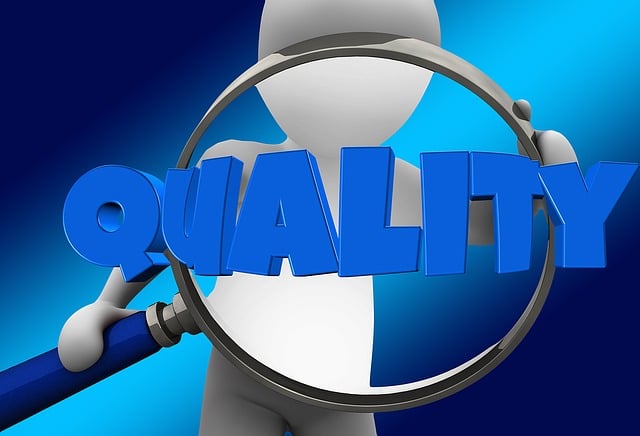
When engaging with translation services in the UK, it is imperative to ensure that the translations adhere to industry-specific standards. UK Quality Assurance (QA) documentation must be handled with meticulous attention to detail, as it often involves sensitive and technical information. Translators tasked with this responsibility must not only be proficient in language but also possess a deep understanding of the context and the nuances inherent to the subject matter. This is crucial for maintaining accuracy and compliance across various sectors, including healthcare, legal, and technology.
UK QA documentation translation requires adherence to standards such as ISO 17100, which sets out specific requirements for the provision of quality assurance in translation services. It underscores the importance of a robust quality management system, translator competencies, and review procedures. This commitment to high-quality standards ensures that translations accurately convey the intended meaning, thereby upholding the integrity and reliability of the original documents. Utilizing expert UK translation services with a proven track record in QA documentation is essential for safeguarding against errors that could lead to misinterpretation or non-compliance with legal requirements and industry norms.
Key Industry-Specific Standards for QA Translations in the UK
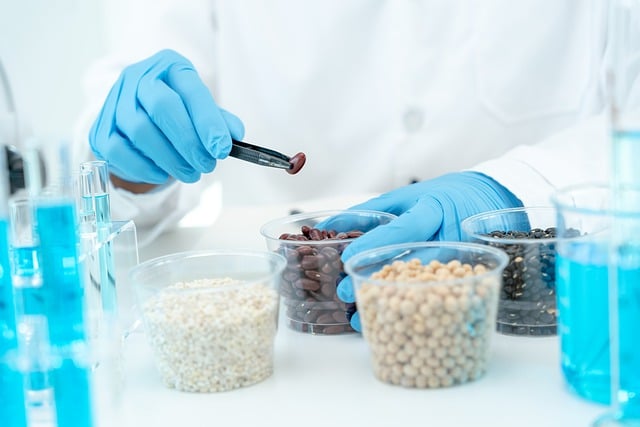
When it comes to ensuring that translation services for UK Quality Assurance (QA) documentation adhere to industry-specific standards, precision and expertise are paramount. The UK’s translations for QA documentation must align with a variety of sector-specific regulations, such as the Medical Device Regulation (MDR) for medical devices, the General Data Protection Regulation (GDPR) for data privacy, and the Clinical Trials Regulation (CTR) for pharmaceuticals. These standards are crucial for maintaining compliance across different industries, ensuring that translated QA documents are not only linguistically accurate but also technically sound. Translation services must be equipped with specialist knowledge to navigate these requirements, which may include understanding the nuances of highly technical language and the implications of non-compliance.
Furthermore, translations for UK QA documentation must meet the standards set forth by professional bodies such as the Institute of Translation and Interpreting (ITI) and the Association of Translation Companies (ATC). These organisations provide guidelines and best practices that ensure high-quality translations. Additionally, translators often need to be proficient in industry-specific terminology and be aware of the cultural nuances that can affect the interpretation of QA documentation. This proficiency extends beyond mere word translation; it encompasses a deep understanding of the context in which the documents will be used. By leveraging experienced linguists and sophisticated technology, translation services for UK QA documentation can deliver translations that not only meet but exceed industry expectations, thereby facilitating smooth regulatory processes and ensuring the integrity and safety of products and information across all sectors.
The Role of Professional Translation Services in UK QA Documentation
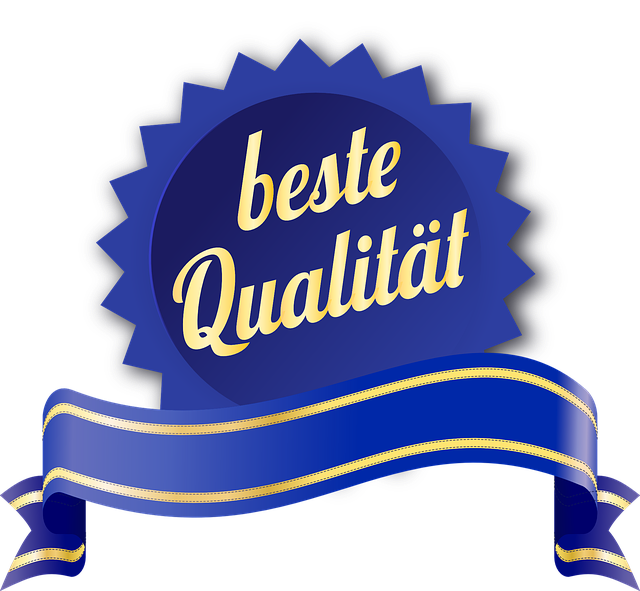
In the domain of UK Quality Assurance (QA) documentation, professional translation services play a pivotal role in ensuring that critical QA documents are accurately and effectively communicated across different linguistic barriers. These services are instrumental in converting complex technical information into clear, precise, and industry-specific language for an international audience. The translation of QA documentation requires not only linguistic expertise but also a deep understanding of the sector’s standards and regulations. This is because UK QA documentation often contains specialized terminology and procedures that must be conveyed accurately to maintain the integrity and safety of products or services.
Moreover, the translation process must adhere to stringent quality control measures to meet industry-specific standards. Professional translators specializing in UK QA documentation are trained to work within the confines of the ISO 17100 for translation services, ensuring that all translated materials reflect the source document’s original intent and technical precision. By leveraging advanced translation technologies and employing subject matter experts (SMEs), these services can provide translations that not only bridge language gaps but also align with the specific regulatory and compliance frameworks relevant to each industry, thus upholding the highest standards of quality assurance in a global context.
Navigating Language Nuances and Technical Terminology in UK QA Translations

Navigating Language Nuances and Technical Terminology in UK QA Translations presents unique challenges that demand a sophisticated understanding of both linguistic intricacies and technical jargon. High-quality translation services for UK Quality Assurance (QA) Documentation require translators who are not only fluent in the relevant languages but also possess specialized knowledge in QA processes and terminology. The precision expected in QA documentation necessitates a thorough grasp of context-specific expressions, ensuring that technical terms accurately reflect their intended meaning within the cultural and linguistic framework of the target language. This is paramount for maintaining the integrity of the original content and for the subsequent compliance with industry standards, such as ISO 17100, which sets forth best practices in translation services and specifies the requirements for QA processes.
In the realm of UK QA translations, the importance of a nuanced approach cannot be overstated. Technical terminology often varies between industries and even among different stakeholders within the same sector. Translation services for UK Quality Assurance Documentation must account for these variances to ensure that the translated materials are both accurate and effective in their intended use. This involves not only a translation but a thoughtful adaptation of content to suit regional dialects, colloquialisms, and the cultural context of the target audience, all while upholding the technical integrity of the source material. A meticulous QA process within translations is essential for bridging the gap between English and other languages, ensuring that the nuances of specialized language are accurately conveyed and that the translated documents adhere to the highest standards of quality and precision.
Best Practices for Translating QA Documents in the UK
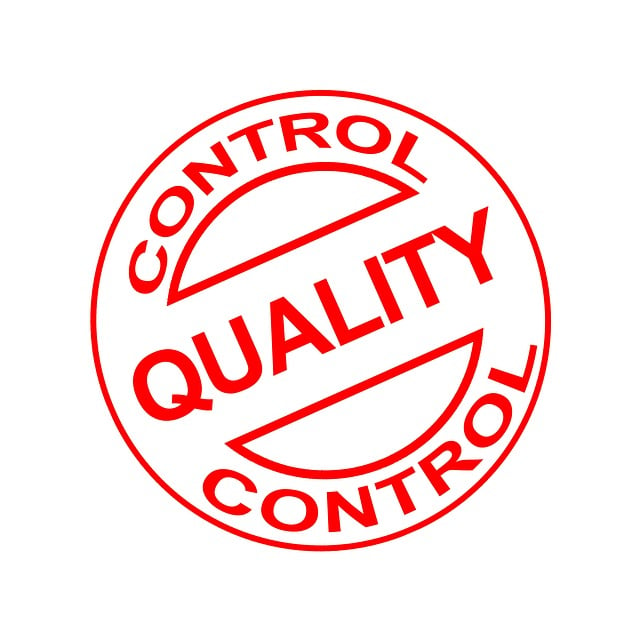
When engaging with translation services for UK Quality Assurance (QA) documentation, it is imperative to adhere to a strict set of best practices to ensure that the translated content accurately reflects the original material’s intent and technical specifications. Firstly, translators should be adept in both the source and target languages and possess specialized knowledge within the relevant industry to provide precise translations. This expertise is crucial for maintaining the integrity of QA documentation across different linguistic barriers. Secondly, employing a two-step translation process involving an initial translator followed by a proofreader or subject matter expert ensures accuracy and compliance with UK standards. This collaborative approach minimizes errors and ensures that translations are not only semantically sound but also technically accurate, which is paramount in QA documentation where precision can impact safety and efficacy. Utilizing translation memory tools and glossaries tailored to the industry further enhances consistency and reliability of the translated content, aligning it with the high standards expected in UK Quality Assurance translations.
Certification and Compliance: Ensuring Quality Assurance in Translated Documents
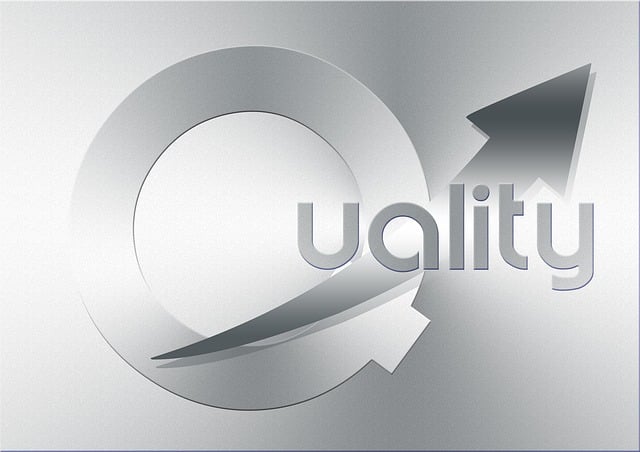
When engaging with translation services for UK Quality Assurance (QA) documentation, certification and compliance play pivotal roles in ensuring the translated content adheres to stringent industry standards. Organisations operating within regulated sectors such as healthcare, legal, and finance must maintain the integrity of their documentation to comply with local and international regulations. A robust QA process is essential to validate that translations accurately convey the original document’s meaning, tone, and intent, without compromising on precision or clarity. This involves not only a deep understanding of language nuances but also a thorough knowledge of the specific industry lexicon and compliance requirements. Translators specialising in UK QA documentation must be proficient in handling sensitive information and familiar with pertinent certification frameworks to ensure that translations meet the necessary regulatory standards. Additionally, they should have access to up-to-date reference materials and employ advanced technology tools for a meticulous comparison between source and target texts. By adhering to these protocols, translation services can guarantee that the final QA documentation not only complies with industry-specific standards but also maintains the highest quality assurance, thereby safeguarding the reputation and legal standing of the organisation.
Case Studies: Successful UK QA Documentation Translations and Their Impact
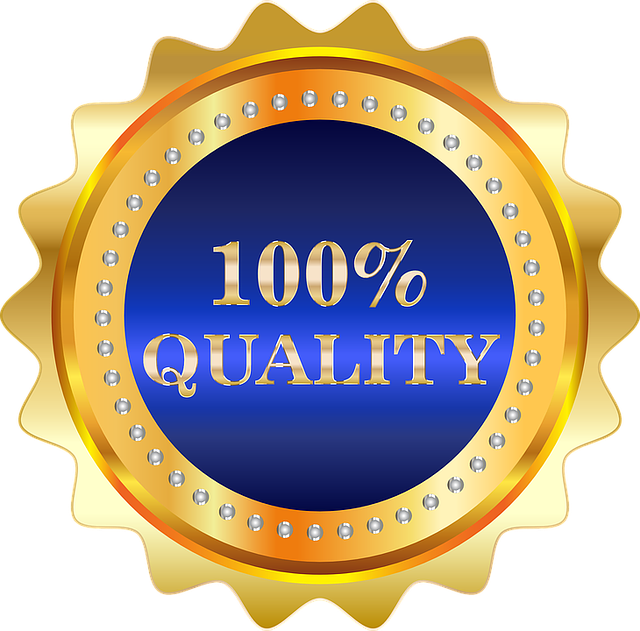
In the realm of quality assurance, UK businesses operating within specialized sectors often face the challenge of ensuring their documentation is accurately conveyed across languages, particularly when it comes to compliance with industry-specific standards. Translation services for UK Quality Assurance (QA) documentation are not just about linguistic accuracy; they encompass a deeper understanding of regulatory frameworks and technical nuances that are specific to each field. A case in point is the pharmaceutical industry, where mistranslations can lead to significant compliance issues or even patient safety concerns. A leading pharmaceutical company required the translation of their QA documentation into multiple languages for international submission. The chosen translation services provider demonstrated expertise in both language and domain-specific knowledge, ensuring that all regulatory requirements were meticulously captured in the translations. This led to a successful submission and approval process in key markets, highlighting the critical role of precise UK QA documentation translations in global operations.
Another exemplary case study involves a UK-based engineering firm specializing in aerospace. The company’s complex technical documentation needed to be translated into several languages for their international clients. The translation services provider not only paid strict attention to the technical terminology but also adapted the content to align with local regulatory standards without compromising on the integrity of the original documentation. This approach resulted in the seamless integration of the firm’s products into new markets, underscoring the importance of culturally and contextually relevant translations for UK Quality Assurance documentation. Both cases underscore the significance of leveraging specialized translation services for UK QA documentation to navigate the complexities of global markets effectively. These success stories exemplify how high-quality translations can significantly enhance a company’s international footprint, ensuring that industry-specific standards are not only met but upheld to the highest degree of precision.
In conclusion, maintaining compliance with industry-specific standards is a critical aspect of effective QA documentation in the UK. By leveraging specialized translation services for UK Quality Assurance Documentation, organizations can navigate the complexities of language nuances and technical terminology, ensuring that their translated materials accurately reflect the source content. The best practices outlined here provide a robust framework for any company looking to enhance the quality of their translations. Through certification and compliance measures, businesses guarantee the reliability and accuracy of their documents, ultimately upholding a reputation for excellence. The case studies presented demonstrate the tangible benefits of such meticulous attention to detail, reinforcing the necessity of professional translation services in achieving high-caliber QA translations that meet both UK regulatory requirements and industry expectations.
